Over the recent school year, a lot has changed for international families due to the ongoing pandemic and the challenges it has brought. Families are now reconsidering what is best for their children. What is the best education for my child? How can I prepare them for an ever-changing world? What school is the best fit for them?
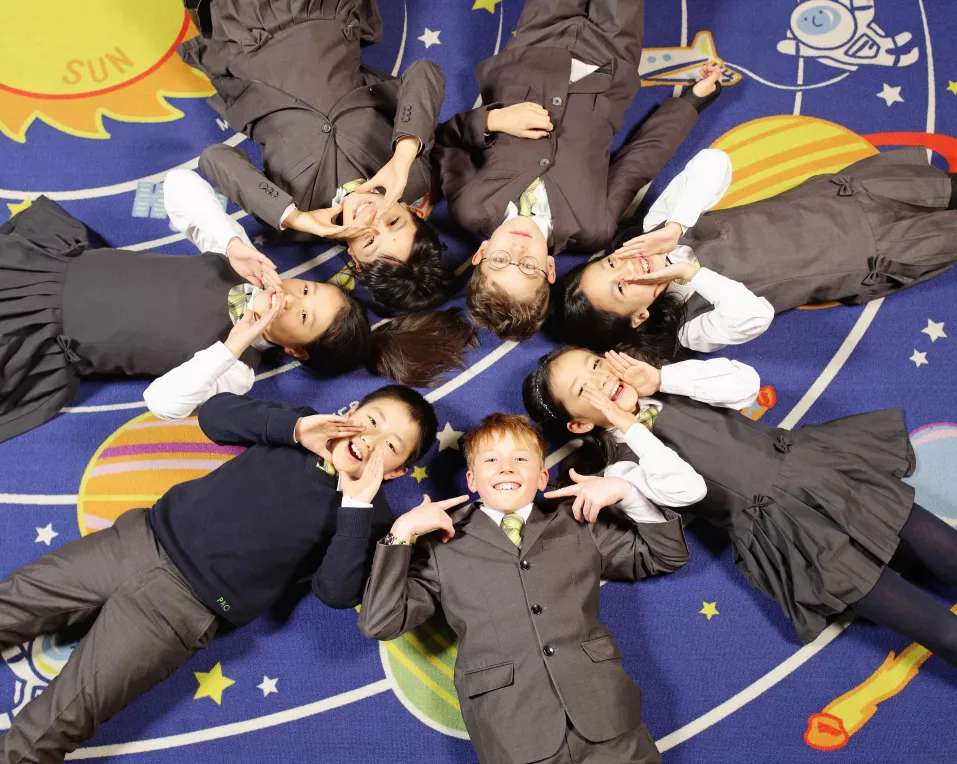
Considering these questions, we spoke to some Pao School families, students and teachers to learn more about what they think makes Pao School special.
A bilingual, bicultural environment…
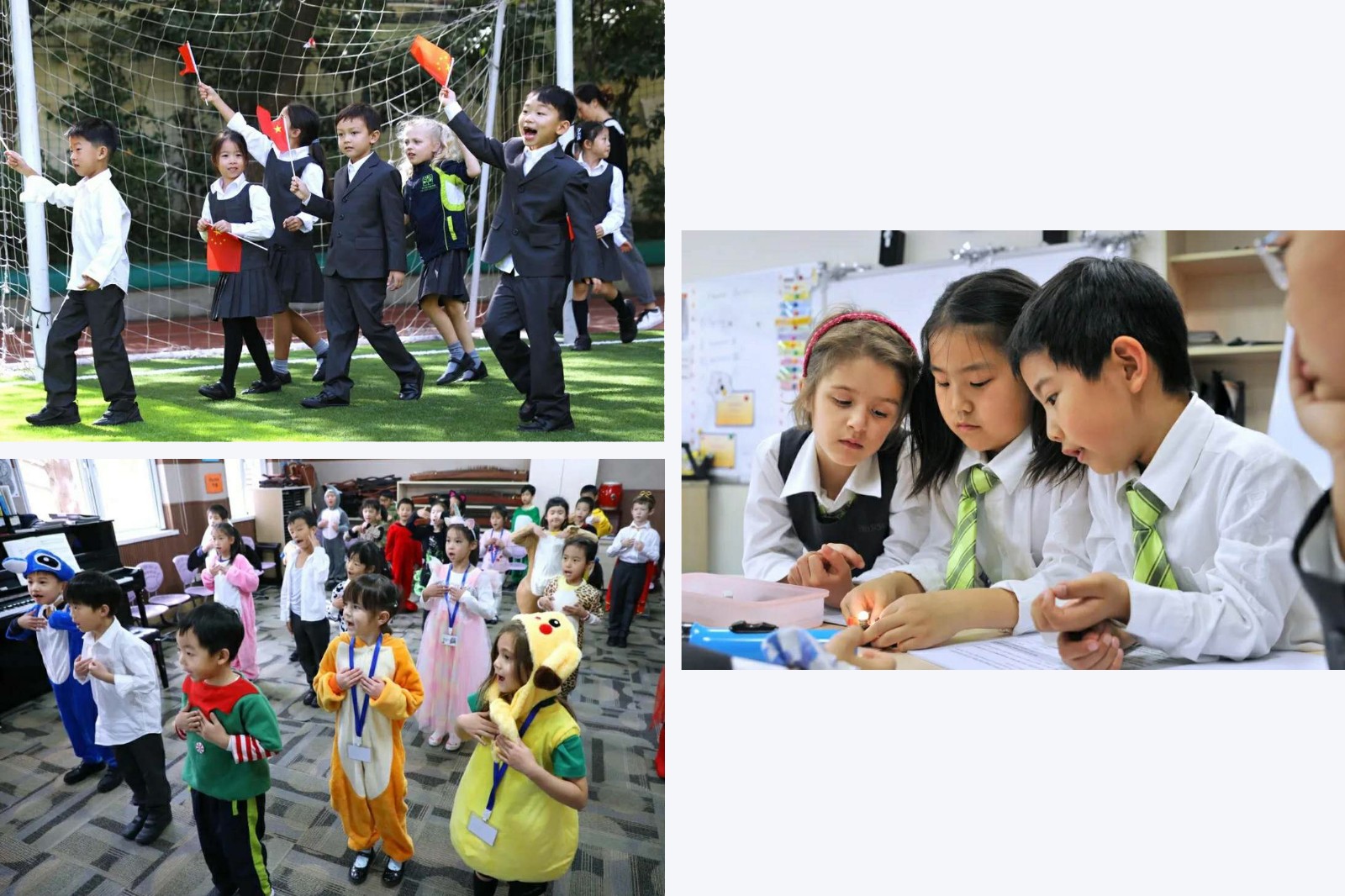
Considering how difficult Chinese is as a language to learn, we thought, why not start when they’re young?
—— Tessanee (Y4) and Kiranna’s (Y1) mum
Tessanee and Kiranna’s family are originally from the US, coming to Shanghai five years ago for their father’s work. Before coming to China, Tessanee had already been attending a Mandarin immersion kindergarten – a move inspired by her mother’s Thai and Chinese ethnic heritage, and father’s experience studying in a French/English immersion school as a child. The family quickly found that, in Shanghai, many international schools actually offered less Chinese language instruction than Tessanee was getting at her old school in the US and the family wanted to continue learning Chinese, “We were moving to China, it’s such a great opportunity!”
Eventually, after looking at many international schools, they found that Pao School’s immersive language curriculum was a perfect fit to carry on immersing Tessanee and Kiranna in Mandarin. Especially as, rather than treating Chinese as a second language, it is used as an instructional language to teach across different subjects and that the students have to be at grade-level Chinese in their other classes.
This is something that originally ignited Tessanee (Y4) and Kiranna’s (Y1) mother’s interest in the school, “It was really attractive to me, that YK Pao School has both local and foreign students. What better way to learn than to have social exposure, for your kids to sit side-by-side in the classroom with local students and not all expats.”
However, though Tassanee and Kiranna really enjoy life at Pao School, they also face challenges. As Tessanee and Kiranna’s parents are not fluent in Chinese and use English at home, they have to take extra efforts to ensure the children’s Chinese level doesn’t drop – as this could affect not only their Chinese class, but their EU and Maths classes also, “We’ve had to have extra tutoring outside of school to make sure that over the school break, over the summer holidays, that she doesn’t just lose all of the progress that she’s made.”
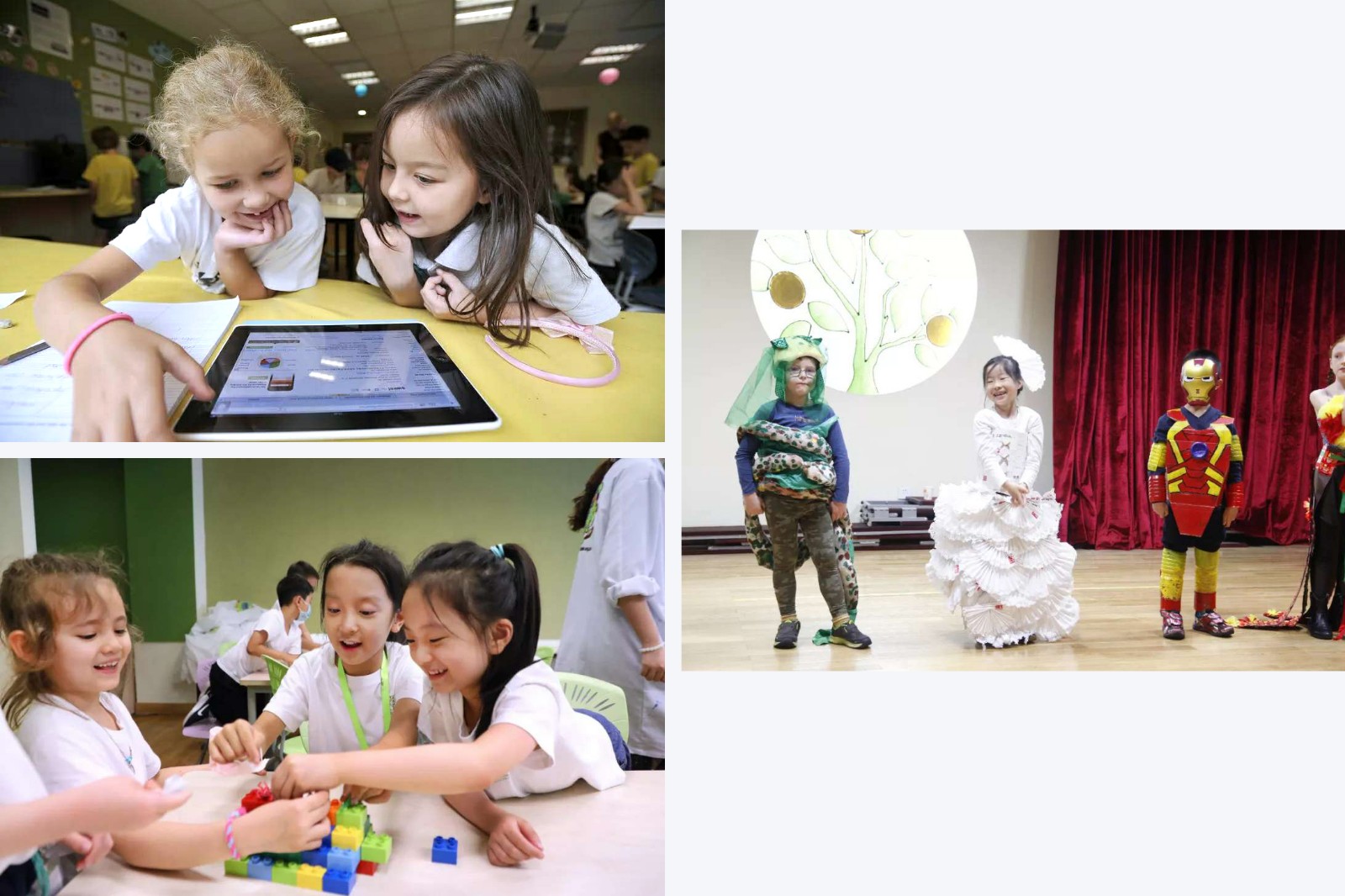
Pao School offers a unique Chinese – English bilingual immersion education to students. Students accessing our Shanghai + curriculum in a language other than their mother tongue are potentially able to become balanced bilinguals who are highly proficient, literate and knowledgeable in both Chinese and English.
Eva, both a Pao Primary School teacher and parent, has two children Lola (Y6) and Leo (Y4), and has been working at the school for seven years. Eva is originally from Germany and her husband is American, and so the language of choice at home is usually English. However, as the family has been in China long-term – Eva for sixteen years and the children since birth – learning Chinese has been very important for the family.
Eva explains that students are also able to take part in Chinese cultural activities such as calligraphy, cooking or arts and crafts. Lola has even learned to play two traditional Chinese musical instruments - the Erhu and Hulusi.
Immersion is Chinese culture activities is not only important for Eva as a parent, but also as a teacher, and she explains how she approaches this within the classroom, “At school I collaborate with my colleagues to integrate aspects of Chinese culture, related to themes or around holidays, and talk about Sir YK Pao who exemplifies the best in Chinese culture and values.”

It is this collaborative culture between teachers that helps drive multiculturalism within the school, Laurie MacNaughton, Primary Teacher, explains that the teachers always work together to develop lesson plans and share teaching pedagogy. “Really, our planning doesn’t only happen in one period, but it is actually happening all the time. We are constantly talking about maybe some resources that we’ve found or, if something that worked really well in a lesson, I will share it will my colleagues and vice versa.” She explains.
More than just a place for education and language learning, the school also embeds this holistic view of education into its philosophy of whole-person education. The school not only wants to produce academics, but wants its graduates to be good members of society.
Building character and a ‘whole person’
Our mission at Pao school is focused on developing the whole person – this means that we believe students should be learning skills, attitudes and developing their character as well as learning knowledge. We want to educate three-dimensional young people as opposed to one dimensional people. We place a great emphasis on character education and values – without good values, intelligence and capability will not benefit society.
—— Philip Sohmen,
Co-Founder of YK Pao School
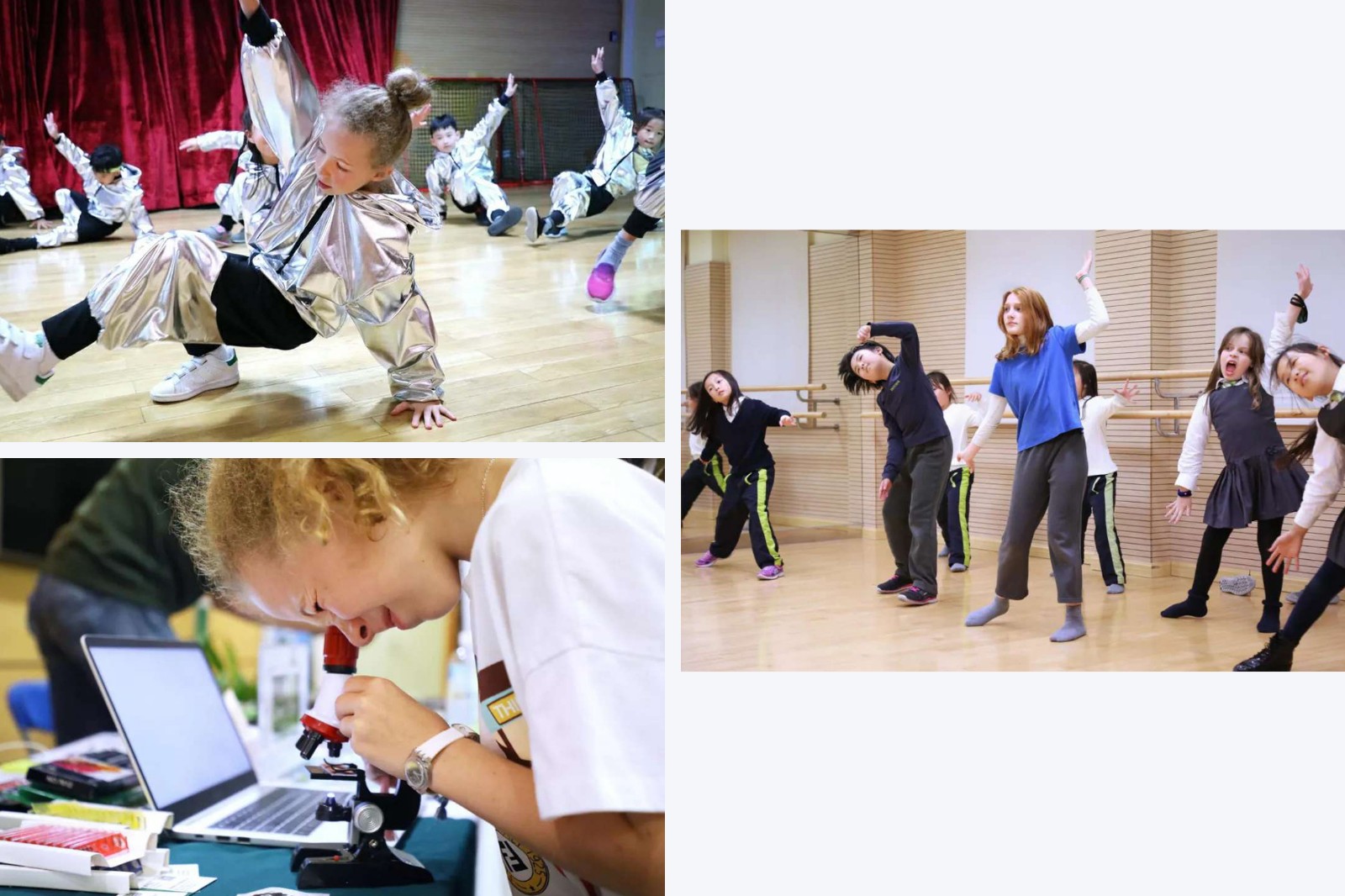
Beyond the academic, weaved into the curriculum and into daily life at the school, is an emphasis on character education. Following the school’s three core values of compassion, integrity and balance, the students develop their character through a variety of methods. Every month, the school chooses a theme – such as resilience or self-regulation – and the students consider this in assemblies, the theme is also integrated into class and through lessons delivered by parent groups (‘Story Mommies’ and ‘The Characters’). The students are encouraged to take part in community service to encourage building character through actions and the Primary School has a number of charitable groups, such as the student-led group ‘Pinky Kids’. In addition, the student’s also can develop leadership skills by participating in student groups such as the Student Council.
The Year 5s reflected on how they had changed as people during their time at the school, saying that they had learned skills such as confidence, independence, and – importantly – staying fabulous! “Teachers at Pao School taught me that I need to try my best, even if I don’t succeed, when I try my best it is the best I can do and I will be really happy.” Lance, Y5, says.
But it isn’t just the teachers, supported by parents, who teach character. Gabriel, Y5, explained that students also have a responsibility to their fellow schoolmates and as the oldest students in the school they have to be leaders of good character, acting as role models for the school. They also must be prepared to meet the teacher’s higher standards as older students.
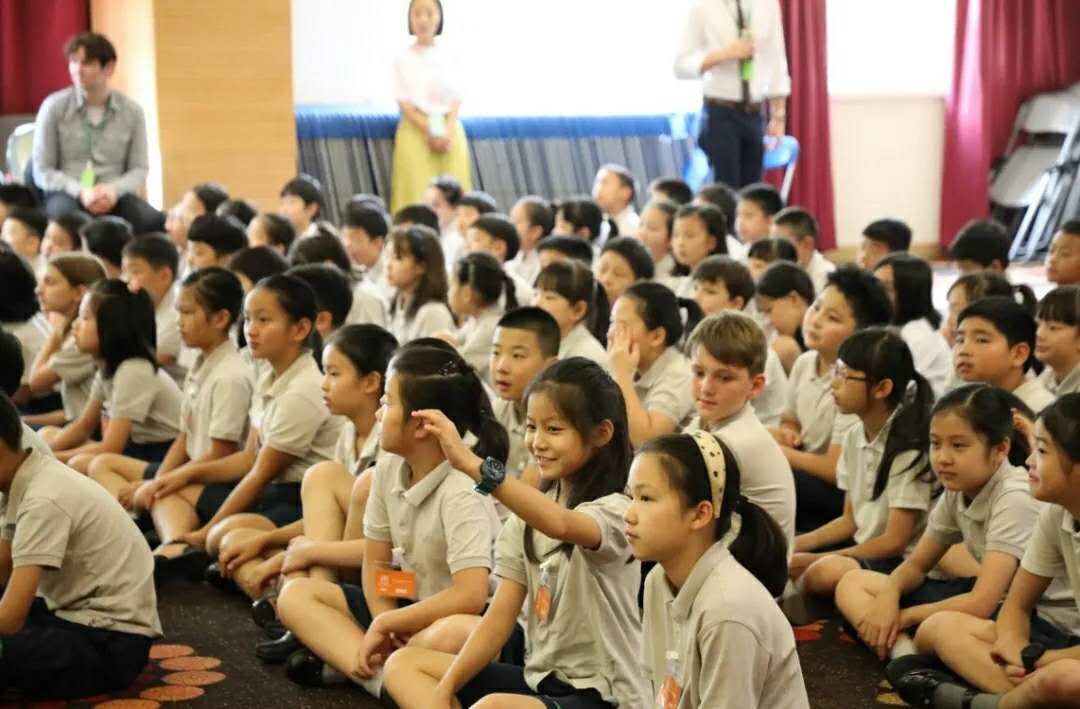
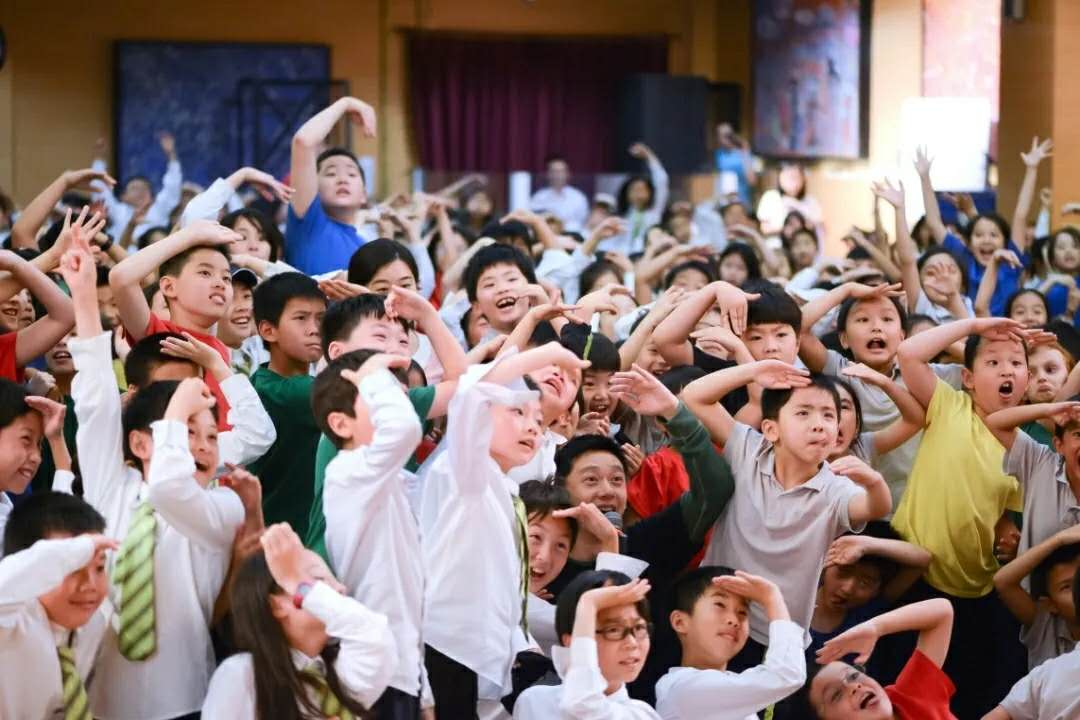
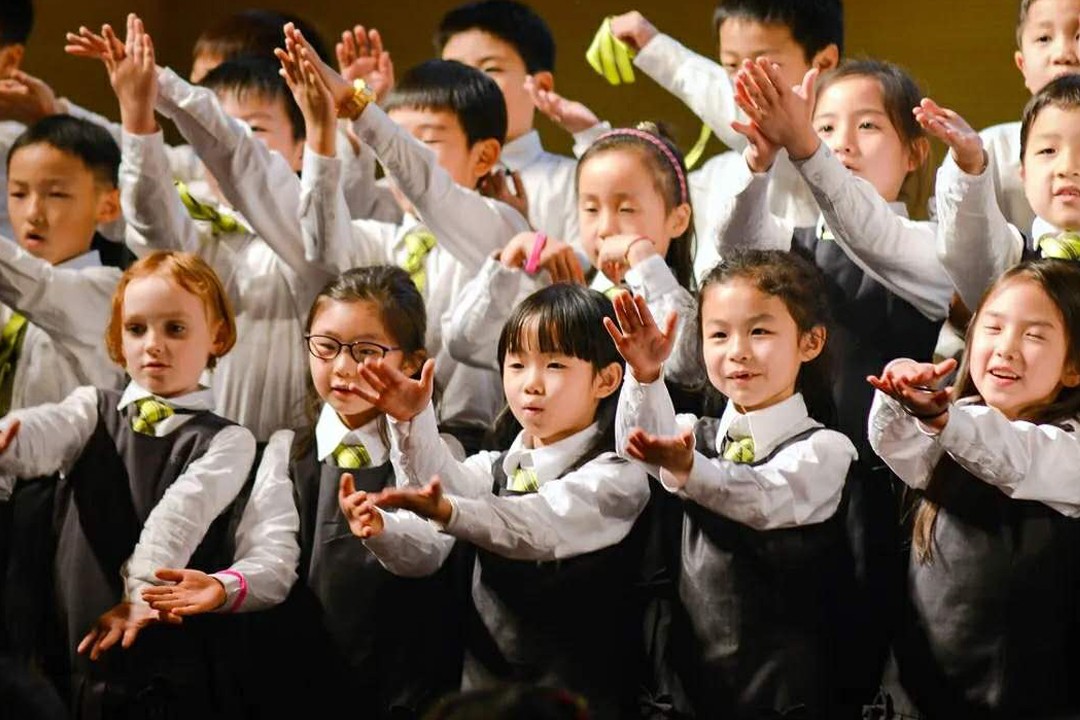
Pao School offers not only academics, it offers arts, sports, character education and at the end of the day I would say it’s a very special community. It’s the community among teachers, it’s the community among parents, among students and across parents, teachers and students. I would say there is a very special glue that you have offered to us, that we are very grateful for. It’s this glue that supports our children to get the very best out of them and I think we are all very grateful for that.
—— Benjamin’s Mum
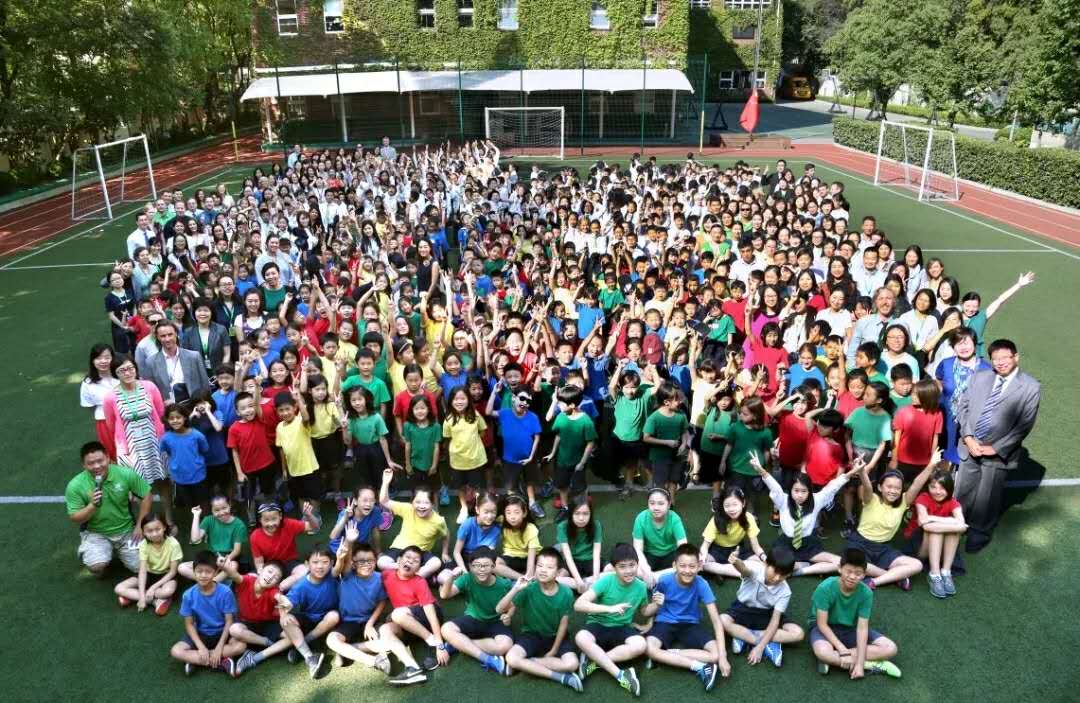
If you are an international family and interested in learning more about us and future
information sessions, please contact us at: admissions@ykpaoschool.cn